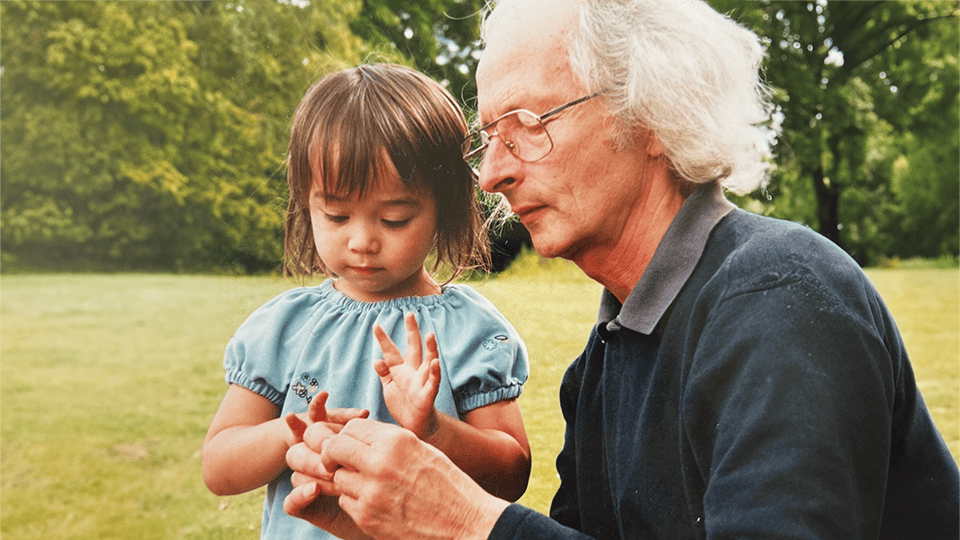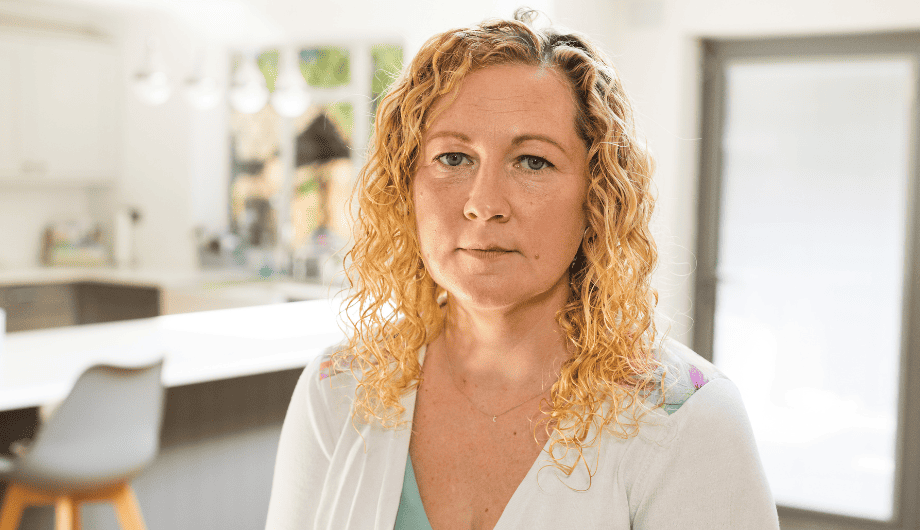
Saïna’s story – A song for my beloved grandpa, Ralph
Saïna opens up about how her grandfather’s dementia has affected her, and how songwriting has provided a release.
It’s hard for anyone to receive difficult news, but when you’re breaking bad news to a person with dementia, it can be especially hard, as they may struggle to understand what you have said, or to retain it.
This is due to the changes in the brain which occur as a result of dementia. These changes can lead to increased confusion, difficulties in processing information and, in some cases, heightened emotions.
Families and professionals often struggle with how to break bad news to someone with dementia. This is particularly challenging with situations like the illness or death of a loved one, and made even more difficult for family members if their loved one with dementia forgets that information and have to be told more than once.
When breaking bad news like a death, it is important to think first about the person with dementia and their relationship to the person who has died. If the person was not often in contact with your relative, it may be kindest to not share the news. If it is someone more meaningful, they may already sense that something is wrong through the absence of the person.
Here are a few suggestions for delivering bad news to someone living with dementia:
In dementia, a person may forget that you have told them about a death in the family so may need to be told a second or third time. However, if the person with dementia has been told several times and is just not retaining or remembering this information, it is okay to stop breaking the bad news.
It’s also important for you as a carer to look after yourself, and you may find that you need extra support during the grieving process. For further information and support, read about grief, bereavement and loss.
Our free, confidential Dementia Helpline is staffed by our dementia specialist Admiral Nurses who provide information, advice and support with any aspect of dementia.

Saïna opens up about how her grandfather’s dementia has affected her, and how songwriting has provided a release.

Ricky’s talks about how his Gran’s dementia diagnosis impacts his whole family and why he is supporting the ‘We live with dementia’ campaign.

As a carer for her mum, who has vascular dementia, Clare is taking part in our ‘We live with dementia’ campaign to make more people aware of the support our nurses offer.